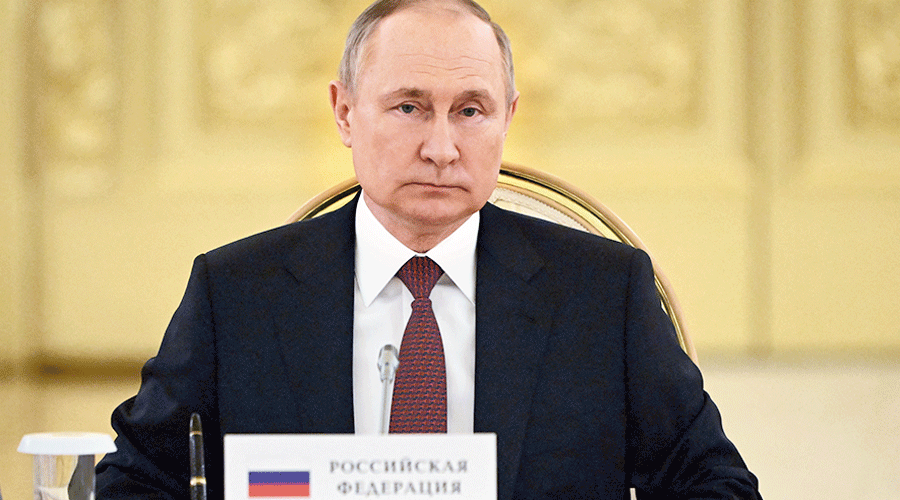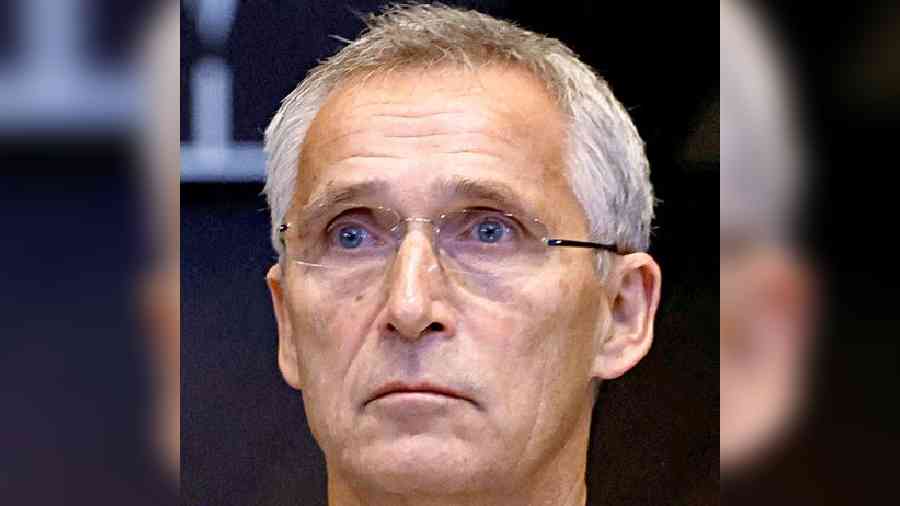Russian President Vladimir Putin said on Friday that any direct clash of NATO troops with Russia would lead to a“global catastrophe”.
"I hope that those who are saying this are smart enough not to take such steps,” Putin said at a news conference in the Kazakh capital Astana.
Russian President Vladimir Putin said on Friday there was no need for massive new strikes on Ukraine and that Russia was not looking to destroy the country.
Putin told a news conference at the end of a summit in Kazakhstan that his call-up of Russian reservists would be over within two weeks and there were no plans for a further mobilisation.
He also repeated the Kremlin position that Russia was willing to hold talks, although he said they would require international mediation if Ukraine was prepared to take part.
Taken together, Putin's comments appeared to suggest a slight softening of his tone as the war nears the end of its eighth month, after weeks of Ukrainian advances and significant Russian defeats.
Wall Street shares opened higher as traders interpreted them as easing geopolitical tensions.
But Putin, who has said he would be ready to use nuclear weapons to defend Russia's“territorial integrity”, also warned of a“global catastrophe” in the event of a direct clash of NATO troops with Russia.
He was speaking after a week when Russia has staged its heaviest missile attacks on Kyiv and other Ukrainian cities since the start of its invasion of Feb. 24, an action that Putin has said was retaliation for an attack that damaged a Russian bridge to unilaterally annexed Crimea.
"We do not set ourselves the task of destroying Ukraine. No, of course not,” Putin said.
He said there was “no need for massive strikes” now because most designated targets had been hit.
Russia's faltering invasion has confronted Putin with the deepest crisis of his 22 years as Russia's paramount leader, as even loyal Kremlin allies have attacked his generals' failings and the chaotic nature of the mobilisation.
But he answered “no” when asked if he had any regrets, saying failure to act in Ukraine would have been even worse.
"I want it to be clear: what is happening today is unpleasant, to put it mildly, but we would have got the same thing a little later, only in worse conditions for us, that's all. So we are acting correctly and in a timely manner.”












